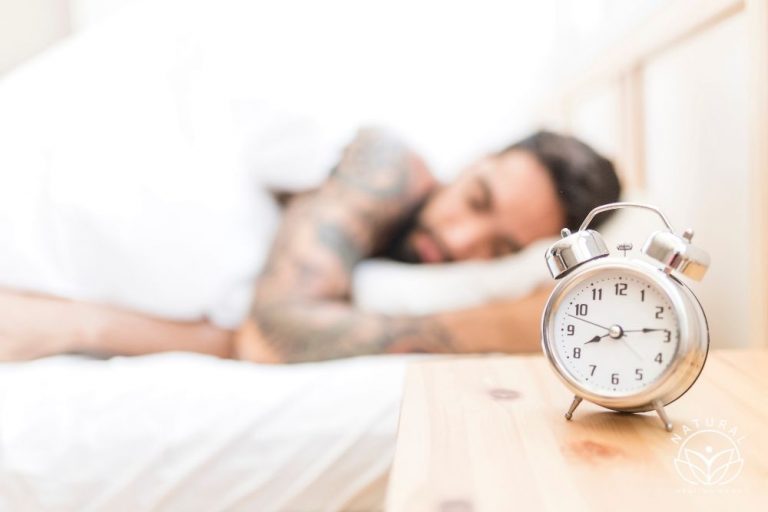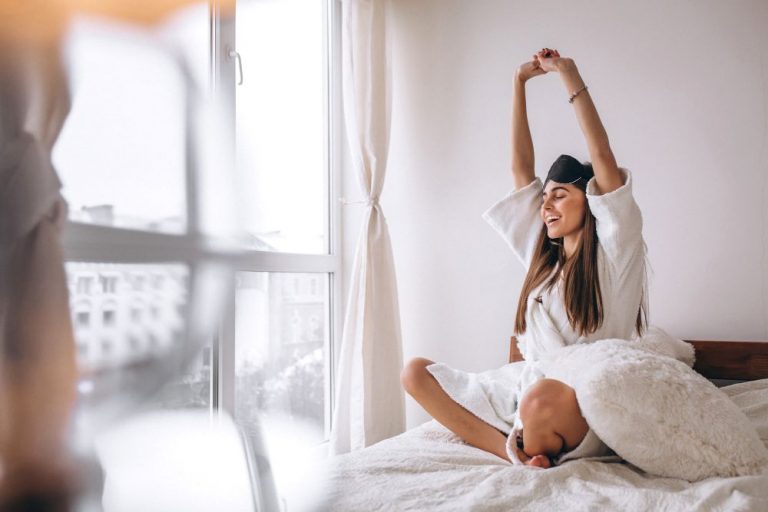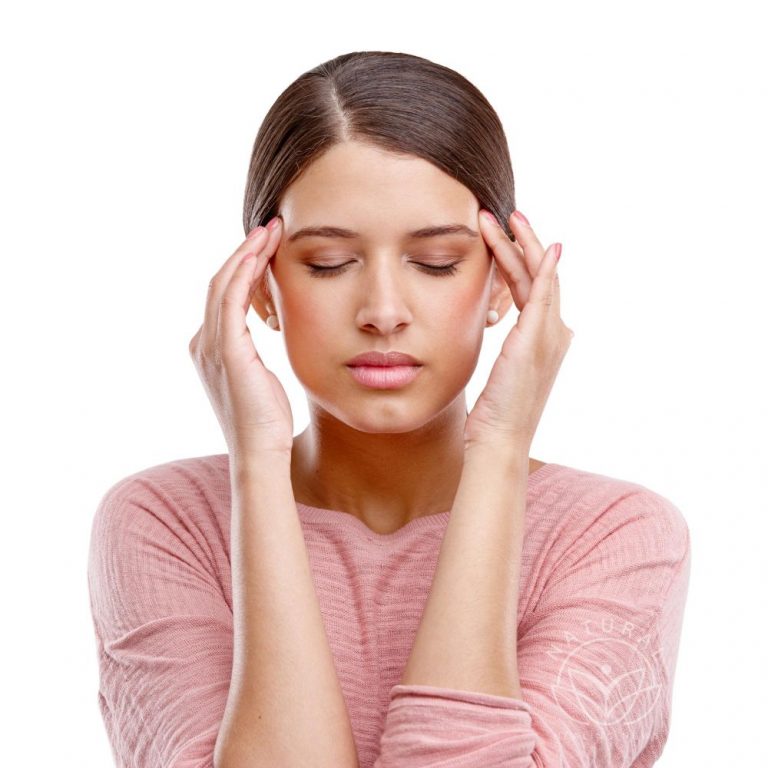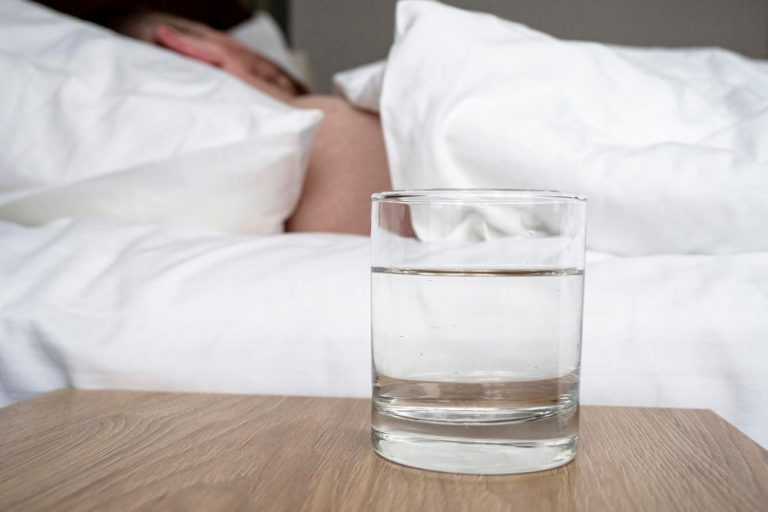Your Sleep Could Suffer By Ignoring These Daily Habits
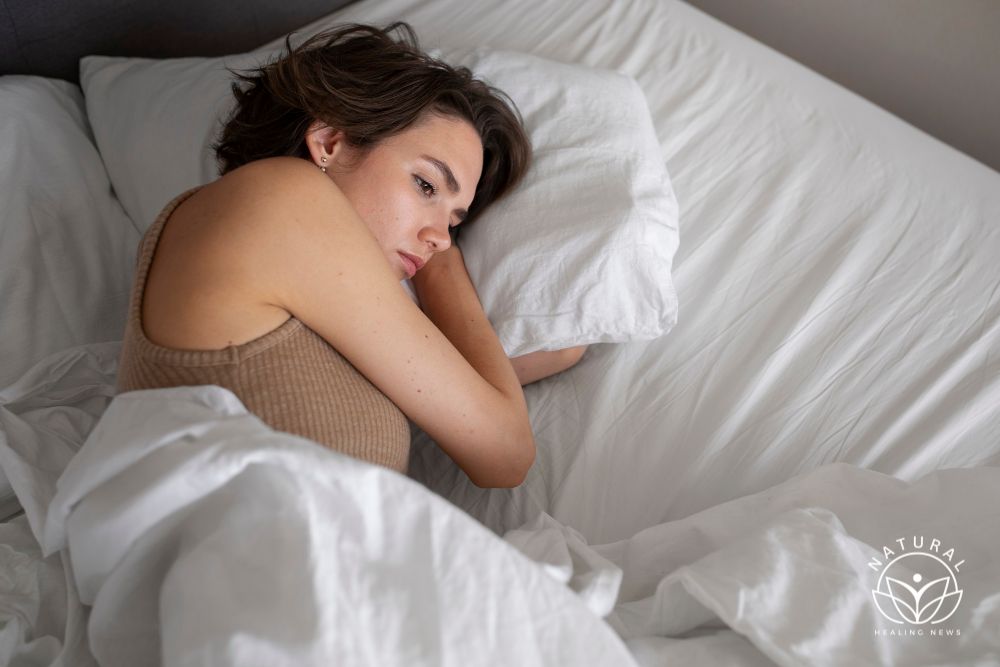
There are certain daily habits that can have an impact on the quality of our sleep. If we’re not careful, we can end up causing ourselves sleep problems.
Many people are surprised to learn that their daily habits can have a profound effect on their sleep quality. Things like drinking coffee, working out, and even taking a nap can all affect how well you sleep at night.
There are many other factors that can affect sleep, but these are some of the most common. If you’re having trouble sleeping, it’s worth looking at your daily habits to see if there’s anything you can change.
But by making some simple changes, we can get on the path to better sleep.
Promote Better Sleep
When it comes to getting a good night’s sleep, we often focus on things like set bedtimes, winding down for an hour before sleep, and cutting out caffeine. However, our daily habits can actually have a significant impact on our sleep, for better or for worse.
If you’re looking to improve your sleep, start by taking a look at your daily habits. Are there any changes you can make to promote better sleep?
To Exercise or Not
For instance, if you’re someone who tends to exercise regularly, you might find that working out in the evening can actually make it harder to fall asleep at night.
While moderate exercise can actually improve sleep, working out too close to bedtime can have the opposite effect. That’s because exercise raises your body temperature, and it can take a while for your temperature to return to normal.
On the other hand, if you have a sedentary job or lifestyle, you might find that getting some exercise during the day can actually help you sleep better at night. That’s because exercise can help to regulate your body’s natural sleep-wake cycle.
Lack of exercise can lead to insomnia and other sleep problems, so it’s important to get enough physical activity each day.
Exercise can help you fall asleep more easily and improve the quality of your sleep. It can also help increase the amount of time you spend in deep sleep, which is the most restful and restorative type of sleep.
Watch What You Drink
Like exercise, what you eat and drink can also affect your sleep.
If you enjoy eating and drinking before bed, you may be doing more harm than good. Eating close to bedtime can cause indigestion and make it more difficult to fall asleep.
Caffeine, for example, is a stimulant that can make it harder to fall asleep. Not to mention, caffeine can stay in your system for up to six hours. So if you’re drinking coffee in the afternoon, it’s no wonder you might have trouble falling asleep at night.
Drinking alcohol before bed can also disrupt your sleep. Alcohol may help you fall asleep initially, but it will cause you to wake up more during the night.
It’s best to avoid eating and drinking at least 2 hours before bedtime. If you’re feeling hungry, have a light snack that won’t make you feel too full. Try drinking a glass of warm milk or herbal tea before bed. These drinks can help you relax and may make it easier to fall asleep.
Put Down Devices
In addition to exercise and diet, there are other daily habits that can impact our sleep.
For example, if you’re someone who uses a lot of electronic devices before bed, the blue light emitted by screens can actually interfere with your body’s natural sleep-wake cycle.
You might be surprised to find that some of your most beloved electronic devices could be negatively impacting your sleep.
Nowadays, it’s not uncommon for people to spend the majority of their waking hours glued to some type of screen. Whether it’s staring at a computer at work or scrolling through social media on your phone, it’s easy to become reliant on electronic devices.
However, this overuse can come at a cost, particularly when it comes to your sleep. A recent study found that the blue light emitted from screens can suppress the production of melatonin, the hormone that helps regulate your sleep cycle.
In other words, exposing yourself to too much blue light in the evening can make it harder to fall asleep at night. Additionally, the constant stimulus of electronic screens can also make it difficult to unwind and relax before bed, further compounding sleep difficulties.
There are a few simple steps you can take to mitigate the effects of electronic devices on your sleep. First, try to limit your screen time in the hours leading up to bedtime. This means no more late-night TV sessions or browsing social media in bed.
Instead, give yourself some time to wind down before sleep by reading a book or taking a relaxing bath. And when you do use electronic devices, make sure to dim the brightness of the screen to reduce the amount of blue light exposure.
It’s no secret that our daily habits can have a big impact on our sleep.
While bad sleep habits can develop over time, they can also be remedied with a few simple lifestyle changes. So if you’re struggling to get a good night’s sleep, consider making some adjustments to your daily routine.

